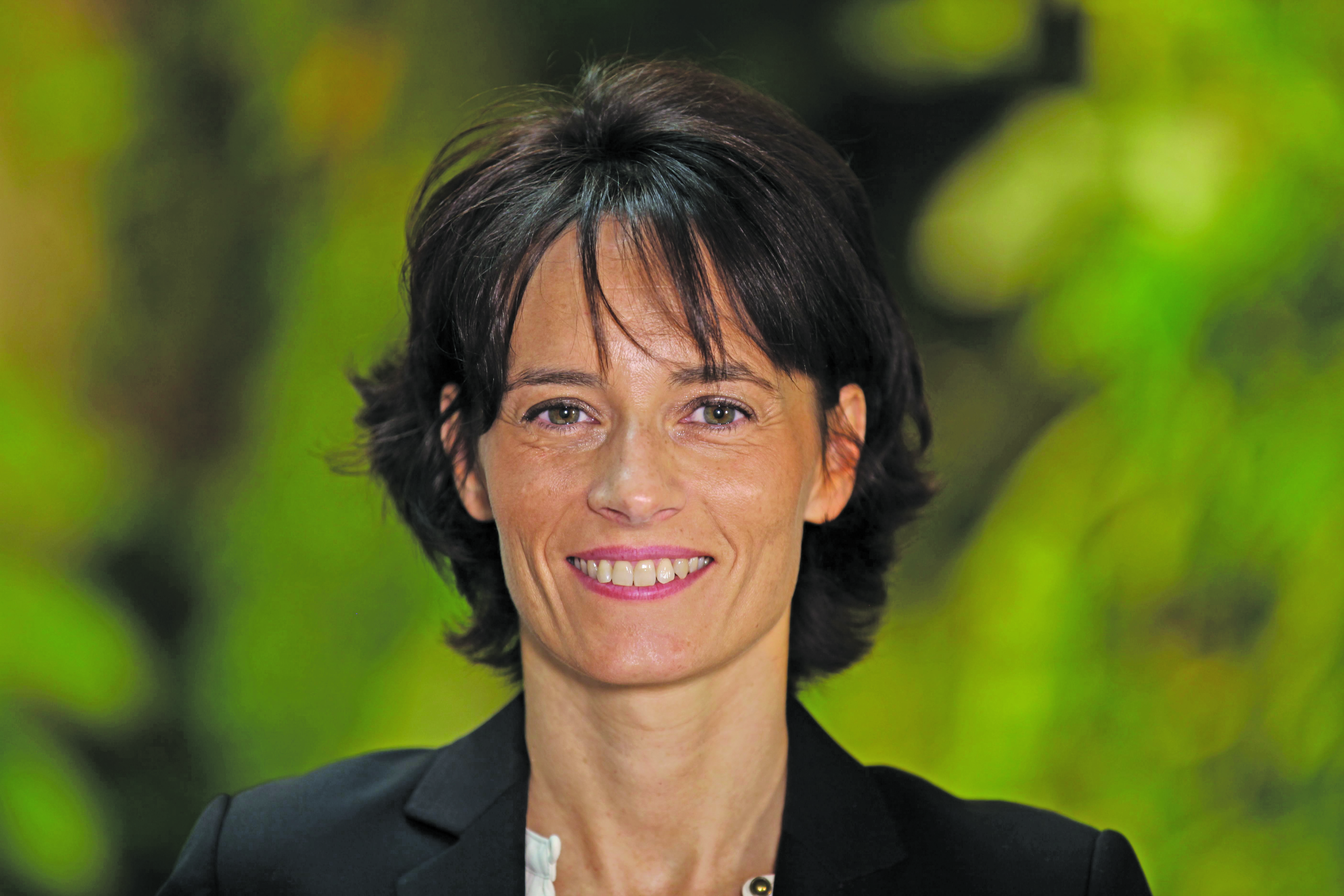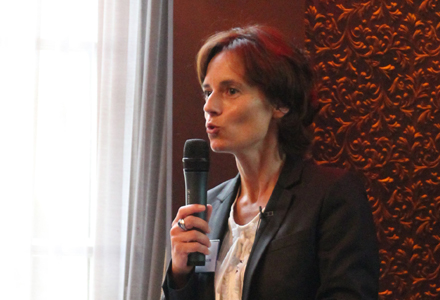Until recently, criminals were the main concern of customers using the internet to make electronic payments. The public believed that malware and hacking were the domain of people on the wrong side of the law. The revelation that many governments and their secret services – the ‘good guys’ – were also gaining access to millions of computers and other electronic devices was a huge shock. So, perhaps it was not surprising that the website %$Linker:
‘Privacy in the digital society (Secure identity, fraud, ID management)’,
9:30 - 17:00, Room 3
Oberthur looks at data and privacy at CARTES
Until recently, criminals were the main concern of customers using the internet to make electronic payments. The public believed that malware and hacking were the domain of people on the wrong side of the law. The revelation that many governments and their secret services – the ‘good guys’ – were also gaining access to millions of computers and other electronic devices was a huge shock.










